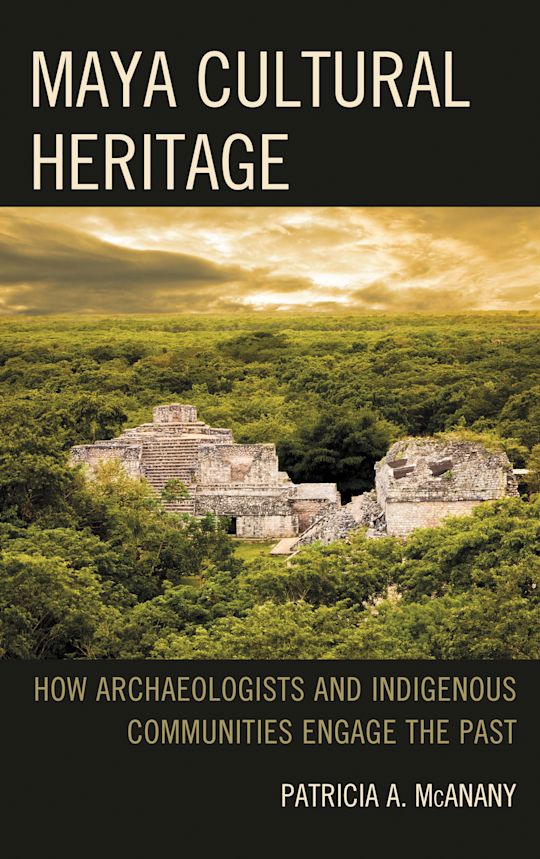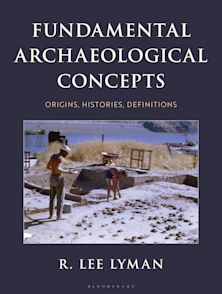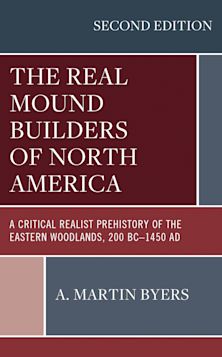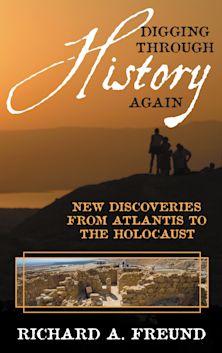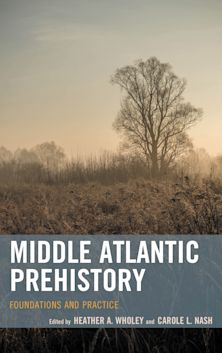Maya Cultural Heritage
How Archaeologists and Indigenous Communities Engage the Past
Maya Cultural Heritage
How Archaeologists and Indigenous Communities Engage the Past
This product is usually dispatched within 1 week
- Delivery and returns info
-
Free CA delivery on orders $40 or over
Description
Situated at the intersection of cultural heritage and local community, this book enlarges our understanding of the Indigenous peoples of southern México and northern Central America who became detached from “the ancient Maya” through colonialism, government actions, and early twentieth-century anthropological and archaeological research. Through grass-roots heritage programs, local communities are reconnecting with a much valorized but distant past.
Maya Cultural Heritage explores how community programs conceived and implemented in a collaborative style are changing the relationship among, archaeological practice, the objects of archaeological study, and contemporary ethnolinguistic Mayan communities. Rather than simply describing Maya sites, McAnany concentrates on the dialogue nurtured by these participatory heritage programs, the new “heritage-scapes” they foster, and how the diverse Maya communities of today relate to those of the past.
Table of Contents
Acknowledgments
Part I: Background and the Big Ideas
Chapter 1: Haunting Questions
Chapter 2: Forging Nationalism and Indenturing Labor
Chapter 3: Disciplining the Past
Chapter 4: Rethinking Business as Usual
Chapter 5: Engaging the Shadow of “The Ancient Maya”
Part II: Connecting with Communities around Heritage Issues 163
Chapter 6: Bridges to Community Partnerships
Chapter 7: Maya Area Cultural Heritage Initiative (MACHI)
Part III: In Their Own Words
Chapter 8: Talking Cultural Heritage at School
Chapter 9: Performing the Past, Creating a Future
Chapter 10: Restoring Balance: Pathways to Heritage without Irony
References Cited
Index
Product details
| Published | Sep 15 2016 |
|---|---|
| Format | Hardback |
| Edition | 1st |
| Extent | 270 |
| ISBN | 9781442241275 |
| Imprint | Rowman & Littlefield |
| Illustrations | 4 b/w illustrations; 2 b/w photos; 13 colour illustrations; 24 colour photos; 33 tables; |
| Dimensions | 238 x 159 mm |
| Series | Archaeology in Society |
| Publisher | Bloomsbury Publishing |
Reviews

ONLINE RESOURCES
Bloomsbury Collections
This book is available on Bloomsbury Collections where your library has access.









